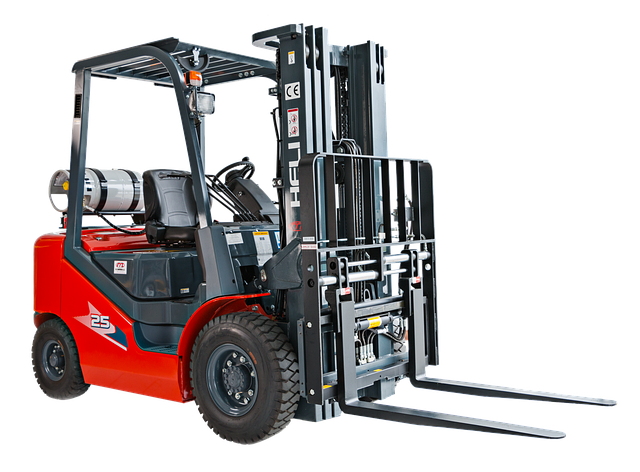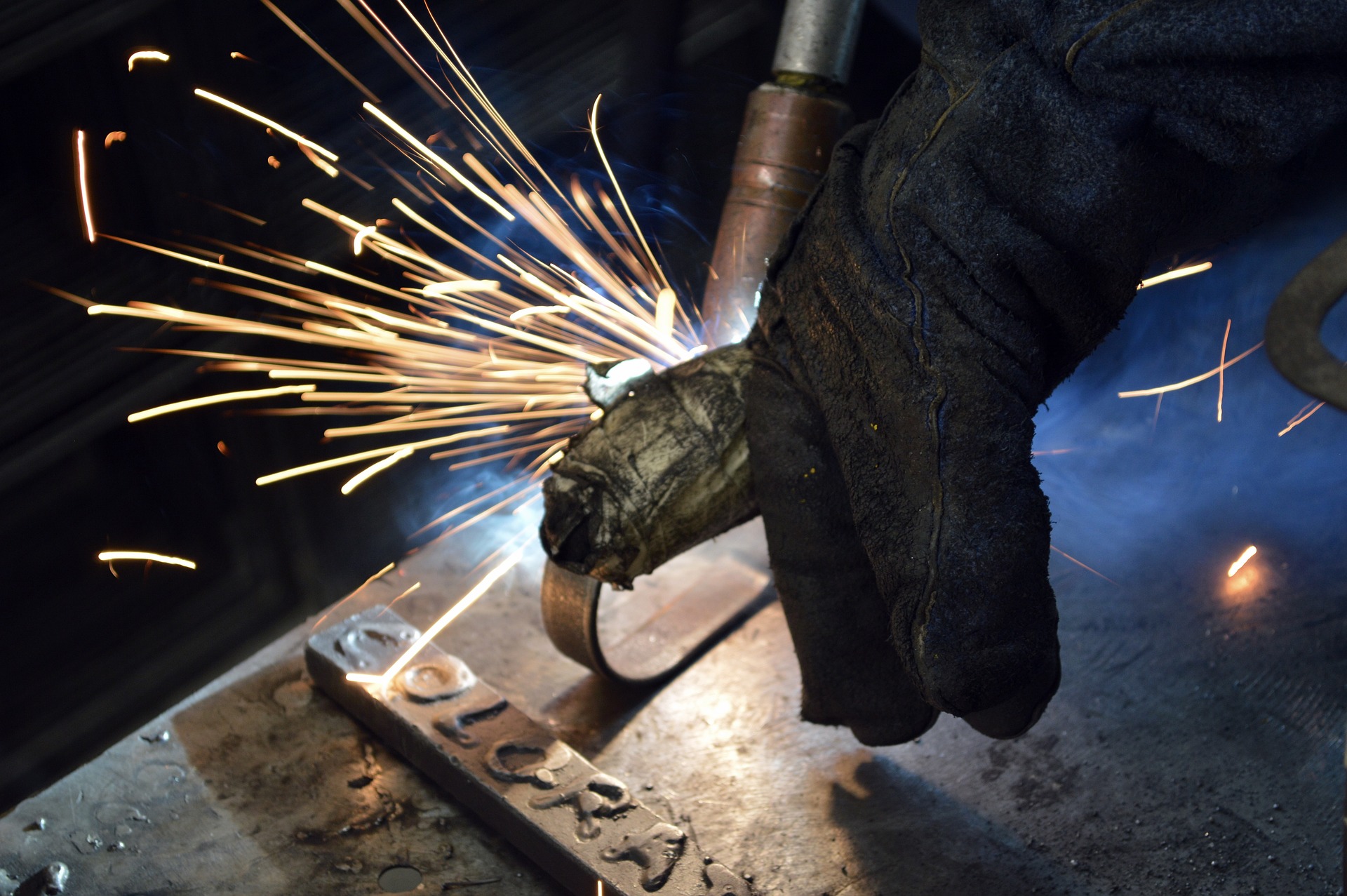A Day in the Life of a Forklift Driver: Career Path and Requirements
Forklift operation is a critical skill in warehousing, logistics, and manufacturing industries worldwide. These specialized vehicles move tons of materials daily, keeping supply chains flowing efficiently. For those considering this career path, understanding the daily routines, entry requirements, and certification process provides valuable insight into this essential industrial profession.

Forklift operation stands at the heart of modern logistics and warehousing operations. These skilled professionals are responsible for safely and efficiently moving materials throughout facilities, loading trucks, organizing inventory, and maintaining the smooth flow of goods. With increasing demand in e-commerce, manufacturing, and distribution centers, qualified forklift operators remain in consistent demand across various industries. Understanding what this career entails—from daily responsibilities to qualification requirements—can help those considering this practical and stable career path.
A Day in the Life of a Forklift Driver
The workday for a forklift operator typically begins with a pre-shift meeting where supervisors distribute assignments and discuss daily priorities. Before operating any equipment, responsible drivers conduct thorough pre-operation inspections of their vehicles, checking fluid levels, tire conditions, controls, and safety features. This crucial step ensures both operator safety and optimal equipment performance.
Once on the warehouse floor, operators spend most of their day executing various material handling tasks. These might include retrieving inventory from storage racks, loading and unloading delivery trucks, transporting pallets to different zones within the facility, and organizing stock according to warehouse management systems. Many modern facilities utilize digital inventory systems, requiring operators to scan barcodes and document movements electronically.
Physical stamina is essential, as operators frequently climb in and out of their vehicles, occasionally assist with manual handling, and maintain concentration during repetitive tasks. Depending on the facility, shifts might rotate between day, evening, and overnight schedules, especially in 24-hour operations. Most forklift drivers work standard 8-12 hour shifts, though overtime is common during peak seasons in industries like retail distribution.
How Can One With No Experience Enter The Field
Breaking into forklift operation without prior experience is entirely possible through several established pathways. Many employers offer entry-level warehouse positions that provide opportunities to train on equipment over time. Starting as a warehouse associate, order picker, or material handler allows individuals to demonstrate reliability and safety awareness while learning about operational procedures.
Vocational schools, community colleges, and workforce development programs frequently offer forklift certification courses specifically designed for beginners. These programs typically combine classroom instruction with hands-on practice and can be completed in just a few days. The investment in such training often makes candidates more attractive to employers, even without prior experience.
Many larger companies maintain in-house training programs for promising employees. These organizations may hire individuals with zero experience but strong work ethics, then provide comprehensive training on their specific equipment and protocols. Some distribution centers and manufacturing facilities even offer paid apprenticeship programs that combine work and training.
Temporary staffing agencies specializing in industrial and warehouse positions can also provide valuable entry points. These agencies often place inexperienced workers in helper roles where they can gain exposure to forklift operations before transitioning to operator positions after demonstrating competence and obtaining certification.
Certifications Required for Forklift Operation
The Occupational Safety and Health Administration (OSHA) requires that all forklift operators receive proper training and certification before operating powered industrial trucks. This certification consists of formal instruction, practical training, and performance evaluation. While OSHA sets the requirements, they don’t directly issue certifications—instead, employers or third-party training providers conduct and document the training.
Standard OSHA-compliant forklift certification covers equipment operation, workplace-specific hazards, and safety regulations. The certification typically remains valid for three years, after which operators must undergo refresher training and evaluation. Different forklift types may require specific certifications, as operating a sit-down counterbalance forklift differs significantly from managing a stand-up reach truck or order picker.
Beyond basic certification, specialized endorsements can enhance career opportunities. These might include certifications for rough terrain forklifts, telescopic handlers (telehandlers), or specialized warehouse equipment like turret trucks. Some industries, particularly those handling hazardous materials or operating in extreme environments, may require additional safety certifications.
Many employers value supplementary qualifications like basic mechanical knowledge, inventory management system experience, or commercial driver’s licenses. While not strictly required for entry-level positions, these additional skills can accelerate career advancement and increase earning potential for forklift operators seeking supervisory roles.
Career Advancement Opportunities in Forklift Operation
With experience and demonstrated competence, forklift operators can pursue several advancement paths within warehousing and logistics. Many progress to lead operator positions, where they train new hires and coordinate team activities. Others move into specialized roles operating more complex equipment that requires greater skill and commands higher compensation.
Supervisory positions represent another common progression, with experienced operators becoming shift leaders, dock supervisors, or warehouse managers. These roles combine operational knowledge with personnel management and often require additional training in leadership and administrative procedures. Some operators leverage their practical understanding of material handling to transition into inventory control, logistics planning, or safety coordination roles.
For those interested in technical aspects, maintenance technician positions offer another career path. With additional training in mechanics and electronics, operators can specialize in forklift maintenance and repair—skills that are increasingly valuable as equipment becomes more sophisticated with computerized systems and alternative power sources.
Physical Requirements and Safety Considerations
Forklift operation demands specific physical capabilities and constant attention to safety protocols. Operators need good vision, depth perception, and spatial awareness to maneuver loads precisely in often crowded environments. The job requires reasonable physical strength for climbing into equipment, occasional manual handling, and maintaining proper posture during long shifts.
Safety awareness remains paramount in this profession. Operators must constantly scan their surroundings, communicate with pedestrians and other drivers, and make split-second decisions to prevent accidents. This includes understanding load stability principles, weight limitations, and proper stacking techniques. Many facilities implement strict safety programs with regular refresher training and performance evaluations.
Common workplace hazards include tip-overs from improper load handling, collisions with structures or personnel, and injuries during mounting or dismounting equipment. Responsible operators follow established traffic patterns, maintain appropriate speeds, and use horns at intersections. They must also understand facility-specific procedures for charging or refueling equipment and reporting maintenance issues promptly.
The forklift operation profession offers stable employment opportunities for those willing to master the necessary skills and maintain unwavering safety focus. With proper training, certification, and experience, operators can build rewarding careers in this essential industrial role that keeps global supply chains moving efficiently.




